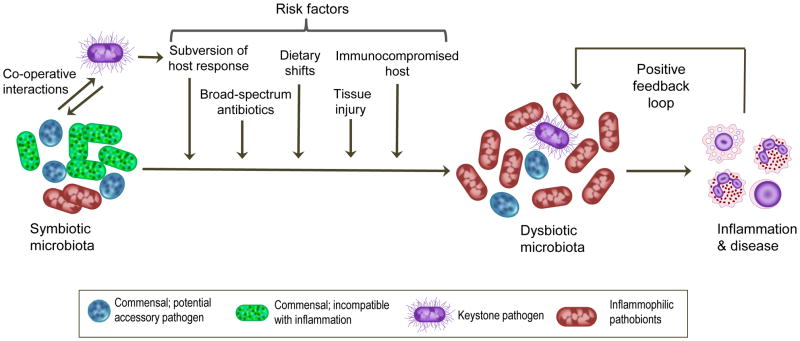Figure 1. Factors That Promote Dysbiosis.
Mucosal inflammatory disease is induced under certain conditions by a polymicrobial community, in which different members have distinct and synergistic roles that promote destructive inflammation. Keystone pathogens — which are aided by accessory pathogens in terms of nutritional and/or colonization support — initially subvert host immunity leading to the emergence of a dysbiotic microbiota, in which commensal-turned pathobionts overactivate the inflammatory response and cause tissue destruction. Inflammation can exacerbate dysbiosis through several mechanisms ([56–60]; see text for details), hence inflammation and dysbiosis positively reinforce each other. Additional risk factors that shift the balance towards dysbiosis and the emergence of inflammophilic pathobionts include (but are not limited to) frequent use of antibiotics, high-fat diet, tissue injury, and immune deficiencies. These factors could promote dysbiosis by acting individually or in combination.

